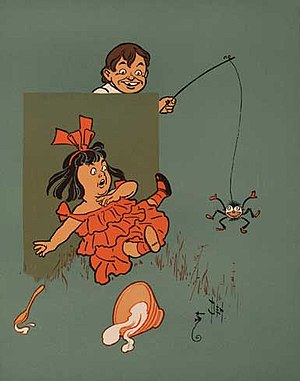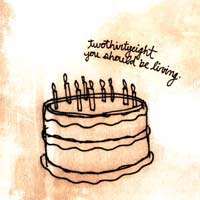I go through this almost every time I see a new patient. I often hear that this is all they really wanted, “To know what my options are and that I’m not choosing something way out there.”
First off, most treatments for psychiatric brain illnesses are not done with intention to cure, but rather to restore health and increase quality of life. Healthy is not the same as disease free.
This applies to all the treatments listed here.
1. Hospitalization:
Inpatient – 24 hour locked unit, voluntary and involuntary, little psychotherapy, and daily physician care.
Partial Hospital – Day Hospital that runs during business hours such as 9AM-3PM, voluntary only, includes intensive psychotherapy, and weekly physician care.
2. Counselling/Psychotherapy:
Talk therapy and exercises of various forms. May be with physician or nonphysician.
3. Stimulation Therapies, such as:
Deep Brain Stimulation (DBS) requires brain surgery to implant an electrical stimulation device in the specific brain area, controlled by a device implanted in the gut. Effective, but higher risk. Least time consuming for maintenance care.
Transcranial Magnetic Stimulation (TMS) – The patient sits in a chair with a magnet at the head’s surface that uses magnetism to stimulate the brain for treatment, 1 hour a day, 5 days a week for various weeks, according to the patient’s need and funding. Few side-effects. Time consuming. Not as effective as DBS or ECT but comparable to some medications.
Electroconvulsive Therapy – Uses electricity to stimulate the brain, inducing a short seizure for treatment. Considered safe and of low risk. Most effective. Response is speedy. Few, and mostly temporary side effects. Does not enter into the body systems. Less time consuming.
4. Medications:
Chemicals for treatment in the form of pills, liquids, injections, patches, powders, vapors, gases – enter into the body systems causing physical side effects that, as with any treatment, must be weighed against the benefits.
Pills – generally taken daily, which is a challenge to treatment compliance, and activate internal conflict and personal stigmas.
Injections – generally done in a clinical setting, bimonthly or monthly.
5. Aerobic exercise 50+ minutes, 5 days a week.
6. Sleep hygiene.
7. Diet
8. The spirit also needs nurturance.
9. Alternatives – such as over the counter herbals, naturalistic supplements, meditation, spiritual, acupuncture, acupressure, massage, or no treatment.
Questions: What do you think of your options? What do you choose? And why? Please tell us your story.
Did I miss anything?
Self-Care Tip: Get informed about your treatment options.
























